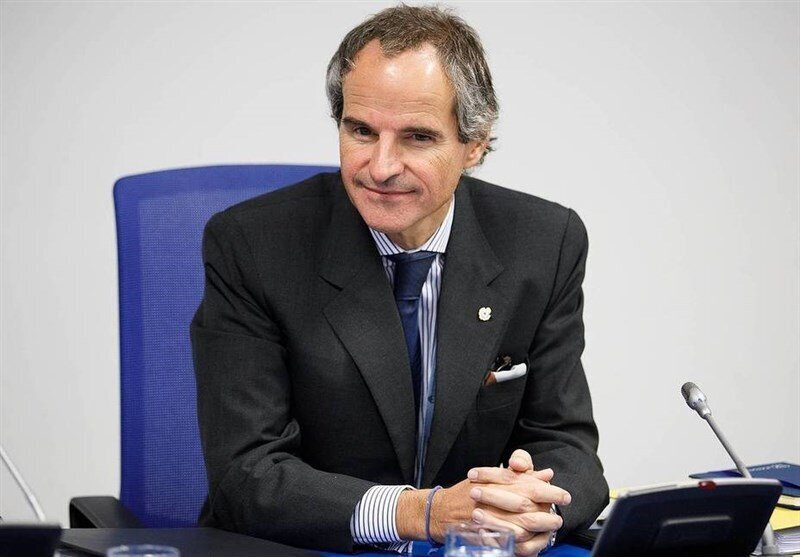IAEA chief vows to act fairly towards Tehran

TEHRAN – Rafael Grossi, the new director general of the International Atomic Energy Agency, has promised to act fairly and independently towards Tehran.
Grossi said on Monday that he would not allow discrimination in any case and would like to rely on cooperation with Iran, Press TV reported.
“We will not allow discrimination and bias against Iran,” he said. “I will be very determined and very fair. I will not be undecided as to the implementation of liabilities.”
Grossi added that he would rely on the information provided by the agency’s inspectors, who monitor Iran’s commitment to its obligations under the 2015 nuclear deal, officially called the Joint Comprehensive Plan of Action (JCPOA).
He explained that he has no intention to introduce a new methodology, saying the agency would continue its work as before.
Grossi met with Iranian Deputy Foreign Minister Abbas Araghchi in Vienna on Friday. Araghchi was in Vienna to participate in the joint commission of the JCPOA.
Since assuming the post, Grossi has repeatedly voiced his determination to cooperate with Iran.
“I’m the new kid on the block in this relationship. They’ve been there, now they get a new DG, so we have to sit down together, start talking and take it from there,” he said last week.
“Let me start my conversation with Iran. I don’t think it would be appropriate, and it would be unfair, to pronounce myself about their attitudes before I sit down with them.”
He has also said he will be “firm but fair” on inspections generally, including in Iran, without spelling out what that means. He told Reuters he is satisfied with the work the IAEA’s inspections team has been doing.
Grossi was appointed as the new director-general of the IAEA in October, following the death of the previous chief Yukiya Amano in July.
Under a nuclear agreement Iran signed with the 5+1 nations in July 2015, Tehran agreed to put limits on its nuclear activities in exchange for termination of economic and financial sanctions. The IAEA was tasked to monitor Iran’s compliance with the agreement, officially known as the Joint Comprehensive Plan of Action (JCPOA).
But in May 2018 U.S. President Donald Trump pulled his country out of the JCPOA and reinstituted sanctions on Iran.
Iran and the remaining parties launched talks to save the JCPOA after the U.S. withdrawal, but the three EU parties to the deal (France, Britain, and Germany) have failed to ensure Iran’s economic interests.
Iran started to partially reduce commitments under the nuclear deal exactly a year after the U.S. abandoned the deal and imposed the harshest ever sanctions on the country under the “maximum pressure” policy. At the time Iran announced that its “strategic patience” is over.
So far, Iran has taken four steps in that regard.
However, Tehran has repeatedly said its measures will be revered as soon as Europe finds practical ways to shield the Iranian economy from unilateral U.S. sanctions.
MH/PA
Leave a Comment